Bribery claims feed milk scandal
By Zhao Xu, Peng Yining and Yang Yang ( China Daily ) Updated: 2013-10-22 07:24:00Integrity in doubt
The latest scandals have left a question mark over something that's rarely been in doubt before - the integrity of foreign manufacturers of baby formulas.
In reality, the story may go back further than many imagined. Sales reps for foreign infant formula brands have been "working with Chinese hospitals and doctors right from the start", according to Sui Xiangyu, a milk powder dealer in Beijing who has been in the business for more than a decade and has earned a reputation for being outspoken.
"Back in the 1980s, Chinese people barely knew about formulas, let alone foreign brands. These companies opened up the Chinese market by cooperating with the hospitals," he said. "First, they made the doctors believe in the formula and then reached the parents through the doctors."
At first glance, nothing seems amiss, given that infant formula, although not comparable with breast milk, is widely regarded as the best supplement and, in many cases, substitute for it.
But as an increasing number of foreign brands started to make inroads into the burgeoning Chinese market, a number of unseemly twists and turns emerged.
"The rapid growth of the Chinese market, allied to the fierce competition among the foreign brands, has forced many people to trade their professional ethics for a larger share of the pie," said Sui, referring to the fact that China's infant formula market, currently valued at $12.4 billion, is expected to double by 2017.
"The bait these companies throw out to the medical professionals does not always come in the form of cash," he explained.
Qin, a Beijing-based pediatrician, who spoke on condition that her full name and medical institution were not disclosed, said the companies have shown "great caution or, one may say, cunning", when it comes to marketing their products via hospitals.
"Fully aware of the sensitivity of the matter, they've never acted in a foolhardy way, but have taken sensible, well-calculated steps," she said.
According to Qin, in addition to kickbacks, some powerful and well-connected brands have provided doctors with opportunities to speak at national or international conferences related to their field of research or have facilitated publication of their research papers in well-respected academic journals.
"For Chinese doctors, who usually receive 'red envelopes' containing a certain amount of 'thank you' money from patients, the promise of elevated status among their peers amounts to a much more tempting offer," she said.
Chen Yuan, PR director of a multinational advertising company whose clients include a number of big-name pharmaceutical outfits, said infant formula marketing ploys often come in the guise of welfare and educational projects.
"Apart from getting brand pamphlets distributed either by nurses or sales reps - some of whom don white gowns, which may mislead patients - pregnant women were often given lectures on feeding, with free samples of formula handed out at the conclusion," said mother of two Chen, who said she was given a Dumex gift card by her attending nurse at a military hospital in Beijing. The card could be exchanged for free samples at the hospital's pharmacy.
In a public statement issued in the wake of the scandals, Danone, the parent company, said the actions of some of its employees "were found to be related to a company-sponsored mother-and-child health education program."
"However, even though the program is in good condition, it has been found that the educational program was not appropriately managed in some cases. This resulted in some practices that contradicted the purpose of the program, which violated companywide policies," the statement said.
Whether it was a well-intentioned educational program that went awry or a clever marketing strategy with exploitable loopholes is a question that may remain unanswered. But for the moment, the sales reps and the hospitals have refrained from any further indiscretions, fearing a backlash.
"So many eyes are on us - we wouldn't dare to do anything we shouldn't," said Gao Man, a 33-year-old nurse at Beijing's Capital Institute of Pediatrics, referring to the arrests in September of a number of medical professionals who had accepted cash bribes or gifts from sales reps. As a hospital employee, Gao had received an "internal discount" from Dumex; buy one tin and get a smaller one free.
For observers and concerned parents whose confidence has already been dented, Gao's remarks may only serve to provoke further qualms.
For Chen, the problem is unlikely to be resolved anytime soon. "In fact, many people believe that some companies will return to underhand practices, once the doctors and reps have ridden out a tension-filled period," she said.
For one thing, Chinese parents' overdependence on doctors will never go unnoticed by the formula producers, said Gao. "Most parents are having their first, and most probably only, child. They don't know anything, except that they can't afford to make mistakes," she said. "Overwhelmed in the formula aisle, it's only natural that they turn to doctors for badly needed advice."
Although breastfeeding is strongly promoted by most Chinese hospitals, doctors still have ample opportunities to influence parents when there's a shortage of breast milk, something that usually happens as the child grows and requires more nutrition. Moreover, the baby formula companies are more than willing to make a long-term investment.
|
|
|
|
|
|
|
|

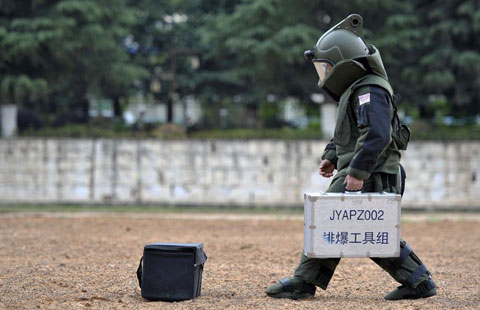
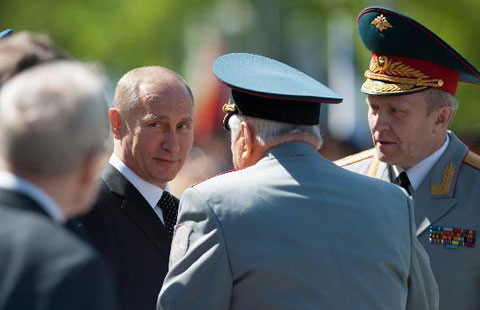
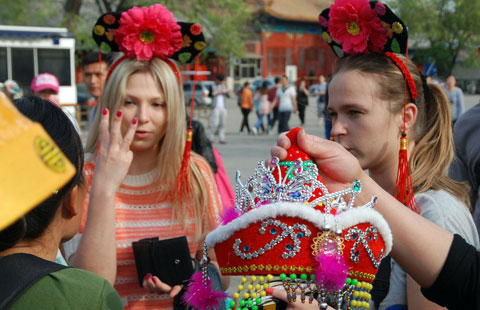
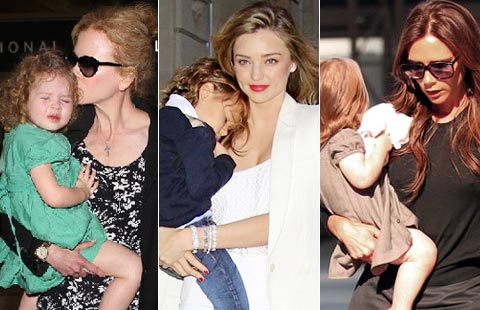


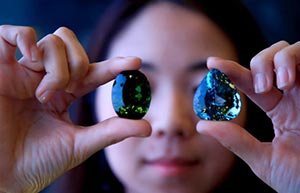
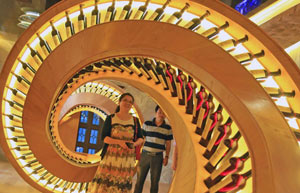

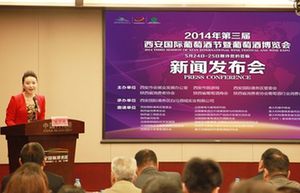

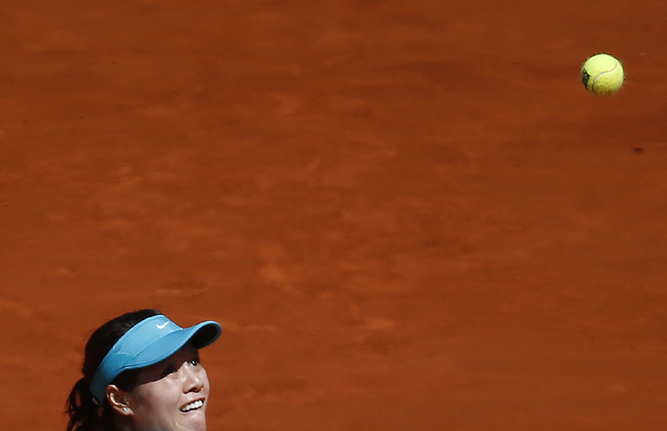





 Op Rana
Op Rana Berlin Fang
Berlin Fang Zhu Yuan
Zhu Yuan Huang Xiangyang
Huang Xiangyang Chen Weihua
Chen Weihua Liu Shinan
Liu Shinan